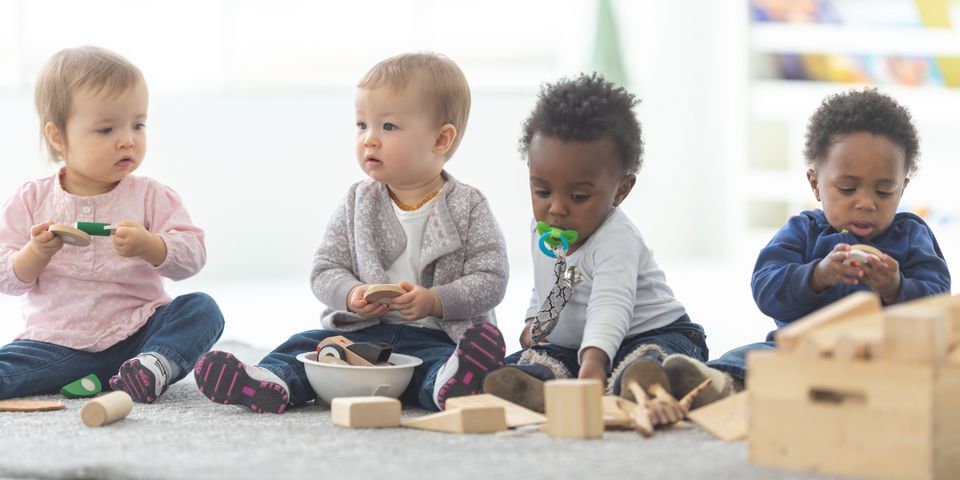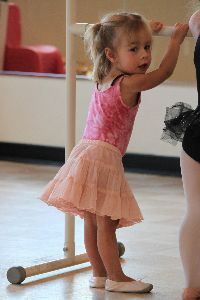
Socialization is just as crucial for a child’s development as learning physical and cognitive skills. As such, finding ways for your baby to regularly interact with others isn’t just for fun or comfort, but necessary for their overall well-being. Even if they get plenty of social interaction at home, it’s a good idea to encourage outside connections as well, whether from day care, playdates, or dance classes. The following guide explains what they can gain from this and how to help them socialize.
Benefits of Early Childhood Socialization

Having the opportunity to socialize allows babies to explore new environments and sets the foundation for them to learn communication skills. This can lead to a stronger vocabulary and better language comprehension. Spending time with other kids also helps children become more emotionally aware and gives them a chance to practice key social skills, such as sharing, cooperation, and taking turns. Additionally, they learn to respect boundaries and control impulsive behavior.
Strategies for Socializing Babies
By 3 or 4 months old, babies are usually ready to see more of the world around them. When deciding which settings are best to bring your child into, consider introducing them to a variety of environments. Whereas a small playgroup can provide more intimacy and one-on-one connections, a structured music or dance class will expose them to different activities with a variety of sights, sounds, and smells. It’s also essential to keep in mind that children take social cues from their parents, so it’s important to maintain your own healthy relationships and model appropriate behaviors in social situations.
If you’re looking for an enjoyable way to socialize your baby, consider enrolling them in dance classes at Stage Door Studios. Located in Sarasota, FL, this studio offers programs for children of all ages, including a Boppin’ Babies™ session geared specifically toward kids 9-18 months old. This provides an environment for them to engage in creative movement while observing and imitating their peers. Call (941) 921-1600 or visit the website for more information about registering.
About the Business
Have a question? Ask the experts!
Send your question

